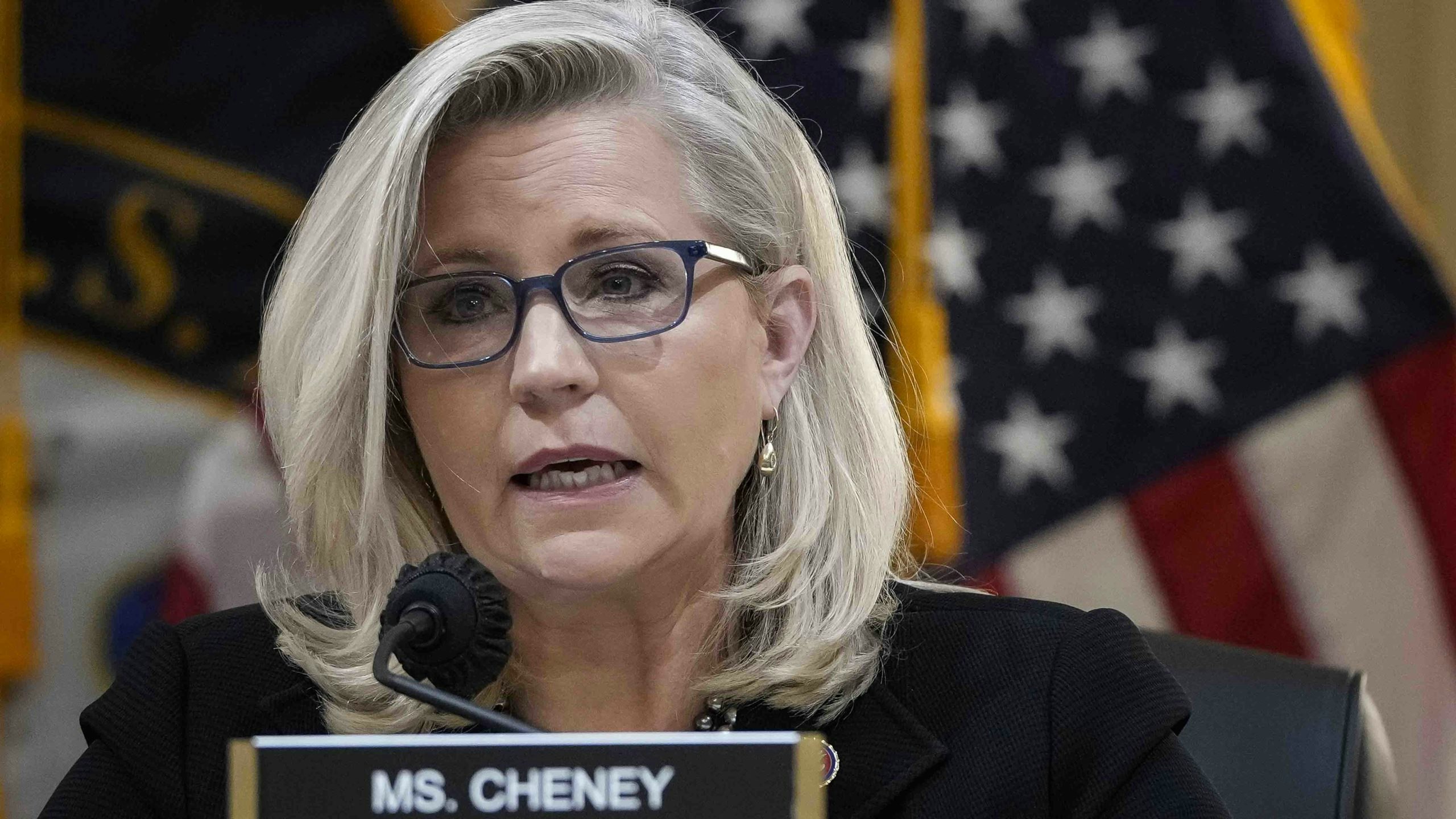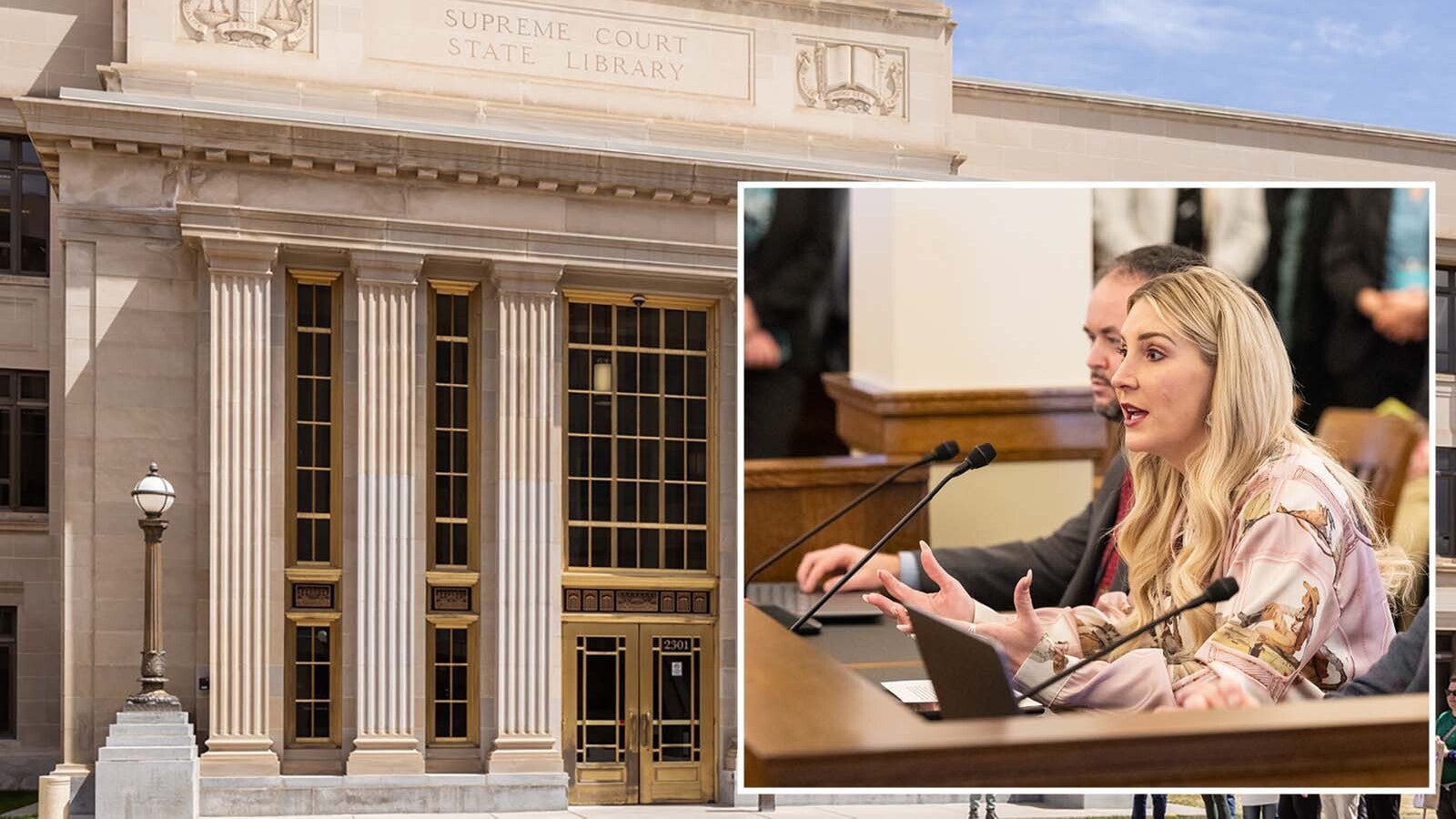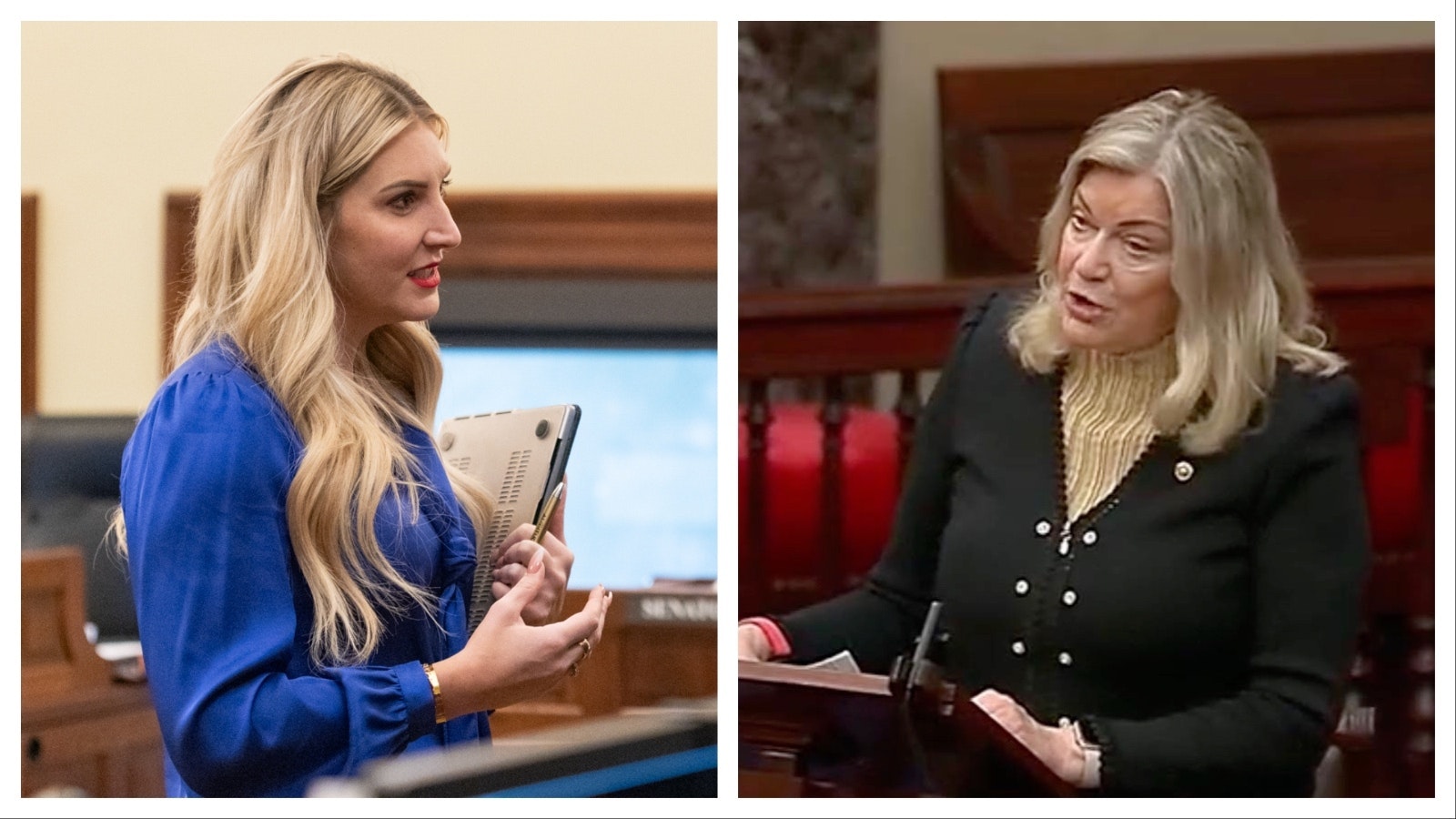U.S. Rep. Liz Cheney is spearheading a congressional attempt to get the U.S. Department of Energy to establish a uranium reserve as it was directed to do in 2020.
Cheney and other Republican members of the U.S. House on Friday sent a letter to Department of Energy Secretary Jennifer Granholm expressing “continued concern” that the department has not used $75 million appropriated to stockpile uranium.
The letter requests quicker action by DOE.
“This delay is particularly disturbing as the current situation between Russia and Ukraine has brought to the forefront the vulnerability of the United States reliance on Russia, Kazakhstan, and Uzbekistan for the uranium needed to power our nuclear plants” the letter reads.
About half of the fuel used in American nuclear reactors comes from Russia and affiliated countries – a situation Cheney’s letter called “untenable” in light of Russia’s actions against Ukraine.
“It is imperative that DOE stand up the uranium reserve as soon as possible,” the letter said, as a matter of “national, energy, and economic security.”
The letter was signed by Cheney and Republican colleagues Reps. Dan Newhouse (Washington), Markwayne Mullin (Oklahoma), Adam Kinzinger (Illinois), Richard Hudson (North Carolina), Russ Fulcher (Idaho), and Michael Burgess (Texas).
Deadline
Congress appropriated $75 million to DOE to set up the reserve in December 2020. However, Dr. Kathryn Huff, nominated to serve as the DOE’s assistant secretary for nuclear energy, said more steps must be taken to establish the reserve.
Cheney and the other representatives asked to see a timetable by April 4 for the reserve’s creation. It also asked that the DOE declare a date for the bidding process for contractors, and a deadline for the end of the bidding process.
The letter also demands an explanation for the delay.
“Please provide the basis and reasoning for why DOE has failed to request funding for this vital program for the second fiscal year in a row,” it said.
After receiving initial funding for the program the DOE did not request any funding in its budget request for fiscal year 2022, according to a statement by the U.S. Government Accountability Office, which is a nonpartisan Congressional watchdog of national expenses.
The reserve is to use domestic uranium sources to build up a stash of nuclear fuel that could be used for civilian power generation, minimizing any possible disruptions in the supply chain.
Another purpose of the reserve, according to Cheney’s office, is to reinvigorate the domestic nuclear fuel supply chain and the facilities involved in it.
Funding
Funding models for the project have shrunk drastically since 2020, said GAO director Allison Bawden, who emphasized that her agency is neutral on the topic.
Under the administration of former President Donald Trump, Bawden said, the national strategy was to appropriate $150 million each year for at least 10 years toward the project.
“Obviously that’s not what happened,” Bawden continued.
Although Congress slated $75 million for the project in fiscal year 2021, it did not appropriate any additional funds to it in 2022 – and there’s no concrete indication of whether funding for the reserve will resume in future budgets.
The GAO also identified weaknesses in the uranium production process.
Uranium must be extracted, converted, enriched and fabricated “before it can be handed over to a reactor,” said Bawden. And some of those things can’t be accomplished inside the U.S.
There is only one enrichment facility within the U.S. currently, and a shortage in domestic conversion services as well.
“Pieces need to be put in place to strengthen the overall supply chain, so we could produce whatever we needed domestically,” Bawden said. “That’s not to say we’d make the choice to produce it domestically – but at least (the U.S.) would have that choice.”





